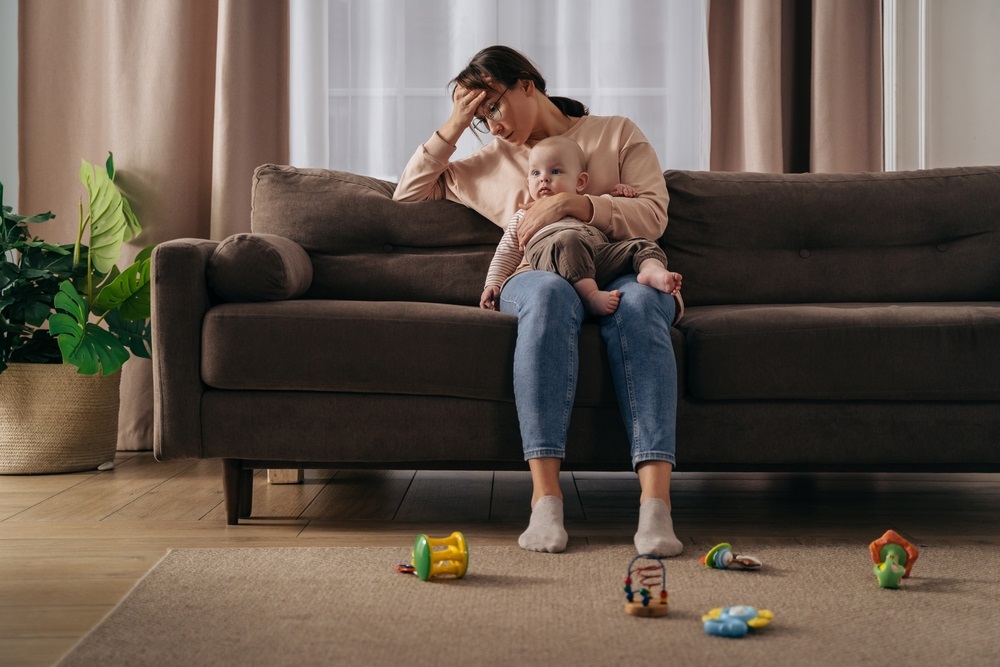Welcoming a new life into the world is a joyous occasion, but for some new mothers, it comes with the challenge of postpartum depression. In this article, we delve into the transformative power of Reiki for postpartum depression, an ancient healing technique, as a holistic approach to overcoming postpartum depression.
Contents
- 1 What is Postpartum Depression?
- 2 The Healing Power of Reiki
- 3 Benefits of Reiki for Postpartum Depression
- 4 Incorporating Reiki Into Your Healing Journey
- 5 Overcoming Skepticism: Is Reiki Right for You?
- 6 FAQs
- 6.1 Is Reiki for postpartum depression safe for mothers?
- 6.2 How many Reiki sessions are recommended for noticeable effects?
- 6.3 Can Reiki be combined with traditional postpartum depression treatments?
- 6.4 Are there any side effects of Reiki for postpartum depression ?
- 6.5 Can partners or family members also benefit from Reiki sessions?
- 7 Conclusion
What is Postpartum Depression?
Postpartum depression is a complex emotional condition that affects new mothers and is characterized by persistent feelings of sadness, anxiety, and fatigue after giving birth.
The journey of motherhood is beautiful but demanding. New moms often face overwhelming changes, both physically and emotionally, making them susceptible to postpartum depression.
The Healing Power of Reiki
Reiki is a Japanese healing method that uses touch to channel energy to stimulate the body’s healing mechanisms and promote mental and physical health.
Reiki for postpartum depression helps people by harmonizing the body’s energy flow, encouraging relaxation, and cultivating inner calm.
Benefits of Reiki for Postpartum Depression
Before knowing about the benefits, it’s essential to note that Reiki should not be used as a sole substitute for conventional medical treatments, but it may offer complementary benefits.
Here are potential benefits of Reiki for postpartum depression:
Stress Reduction
Reiki is known for promoting relaxation and reducing stress. This kind of depression often involves heightened stress levels, and regular Reiki for postpartum depression sessions may help alleviate some of this emotional strain.
Energy Balancing
Proponents of Reiki believe it can balance the body’s energy flow, promoting overall well-being. For individuals experiencing postpartum depression, restoring balance to the body’s energy may contribute to emotional and mental stability.
Improved Sleep
Sleep disturbances are common in this kind of depression. Reiki for postpartum depression sessions may help individuals relax, improving sleep quality and overall sleep patterns.
Emotional Release
Reiki is thought to help release blocked or suppressed emotions. This emotional release can be beneficial for individuals dealing with postpartum depression by providing an outlet for unexpressed feelings.
Mind-Body Connection
Reiki encourages a mind-body connection, fostering a sense of mindfulness and self-awareness. This heightened awareness may help individuals recognize and address negative thought patterns associated with postpartum depression.
Support for Emotional Healing
Postpartum depression often involves unresolved emotions related to childbirth, parenting, or other life changes. Reiki for postpartum depression may provide emotional support, facilitating the healing process by addressing these underlying issues.
Complementary Therapy
Reiki can be used alongside traditional therapeutic approaches, such as counseling or medication, as a complementary therapy. Integrating Reiki into a comprehensive treatment plan may enhance the overall effectiveness of addressing postpartum depression.
Relaxation and Self-Care
Reiki for postpartum depression sessions offer a dedicated time for self-care and relaxation. Taking time for oneself is crucial for mothers experiencing postpartum depression, and Reiki provides a focused and calming environment for this purpose.
Enhanced Emotional Resilience
Regular Reiki practice may contribute to increased emotional resilience, helping individuals cope with the challenges associated with postpartum depression more effectively.
Incorporating Reiki Into Your Healing Journey
Incorporating Reiki into your healing journey can be a transformative and holistic approach to well-being.
To experience the full benefits of Reiki, it’s essential to find a skilled and experienced Reiki practitioner for which Yrma Wilson stands out. Look for recommendations and read reviews to ensure a positive experience.
New mothers can also learn simple self-Reiki techniques at home, providing a continuous source of healing energy.
Overcoming Skepticism: Is Reiki Right for You?
If you’re skeptical about Reiki for postpartum depression, consider starting with a small session to experience its effects firsthand. Many individuals find it to be a transformative and comforting experience.
Each person’s experience with Reiki is unique. It’s essential to approach it with an open mind and allow the energy to work harmoniously with your body.
FAQs
Yes, Reiki is considered safe and non-invasive, making it suitable for postpartum mothers. The gentle energy transfer involves no harm and can enhance the mother’s overall well-being.
The number of Reiki sessions needed can vary from person to person. After only a few sessions, some people report feeling better, while others might gain more from a longer course of treatment. It’s recommended to discuss a personalized approach with your Reiki practitioner.
Absolutely. Reiki can complement traditional treatments, providing a holistic approach to healing. To make sure that Reiki complements your overall treatment plan, you must communicate with your healthcare provider.
Reiki generally has no known side effects. It is a gentle and safe healing technique. However, as with any holistic therapy, individual responses may vary. Seeking advice from your healthcare provider is advised before beginning Reiki sessions, especially if you have any pre-existing health conditions.
Yes, Reiki sessions can benefit both mothers and their support systems, fostering a sense of connection and healing. Partners and family members often experience reduced stress and improved well-being, creating a positive environment for the entire family.
Conclusion
In the realm of postpartum depression, Reiki emerges as a beacon of hope—a gentle, non-invasive, and holistic approach to healing. Embrace the energy, allow the flow, and experience the transformative power of Reiki on your journey to recovery.
Did you know that Yrma Wilson offers a special Pregnancy and Postpartum Reiki service? If not, book a free 15-minute consultation for more information.




